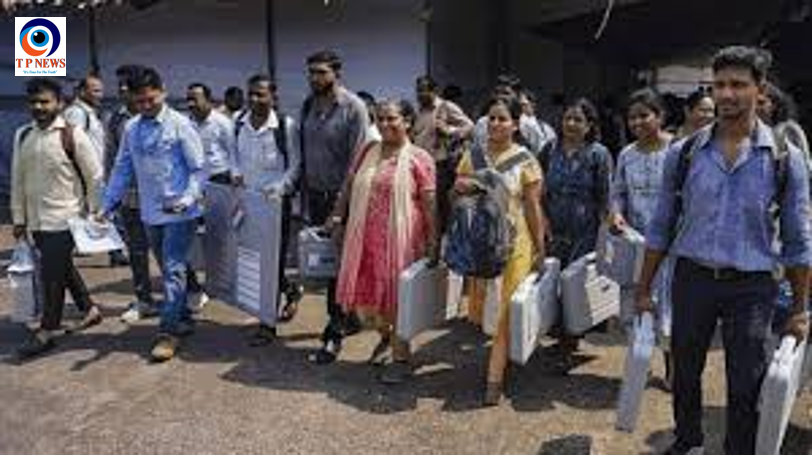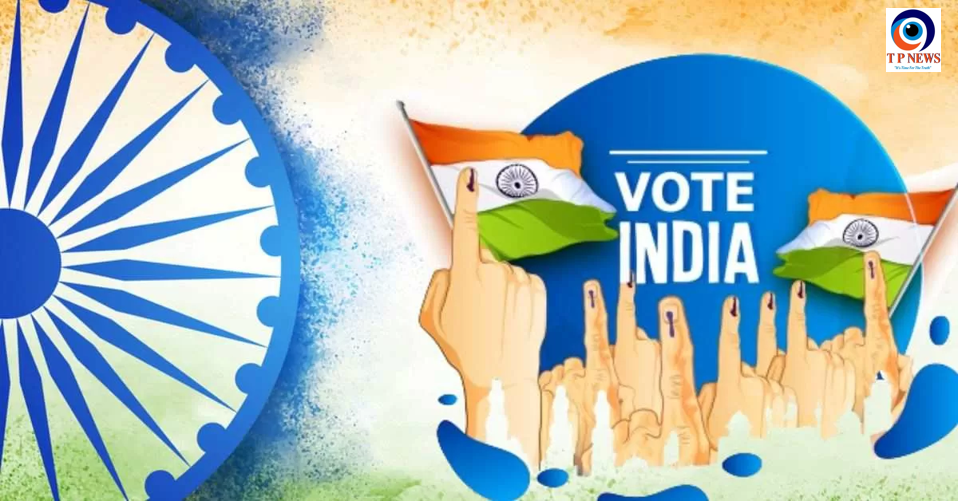New Delhi: The first session of the 18th Lok Sabha will commence tomorrow with the oath-taking and affirmation of newly elected members. Senior BJP MP Bhartruhari Mahtab, the appointed Protem Speaker, will administer the oaths. The election for the new Lok Sabha Speaker is scheduled for June 26, followed by President Droupadi Murmu’s address to a joint sitting of both Houses on June 27. The Rajya Sabha session will also begin on June 27. The Parliament session is set to conclude on July 3.
PM Modi to Address Parliament
Prime Minister Narendra Modi will address the Lok Sabha on July 2 in response to the President’s address, followed by a speech in the Rajya Sabha on July 3. During this period, there will be no Zero Hour or Question Hour.
Lok Sabha Speaker Election
President Droupadi Murmu has appointed BJP MP Bhartruhari Mahtab as Protem Speaker, as announced by Union Parliamentary Affairs Minister Kiren Rijiju on June 20. Alongside, Suresh Kodikunnil, Thalikkottai Rajuthevar Baalu, Radha Mohan Singh, Faggan Singh Kulaste, and Sudip Bandyopadhyay have been appointed to assist the Protem Speaker until the election of the new Speaker.
The first session of the 18th Lok Sabha will commence on June 24, during which newly elected members will be sworn in. The election for the Lok Sabha Speaker is scheduled for June 26.
Sources indicated that the top position in the Lower House is likely to go to the Bharatiya Janata Party (BJP), while the Deputy Speaker role may be assigned to an NDA ally. The I.N.D.I.A bloc has requested the Deputy Speaker post, traditionally held by the Opposition, though the 17th Lok Sabha did not have an MP in this office.













